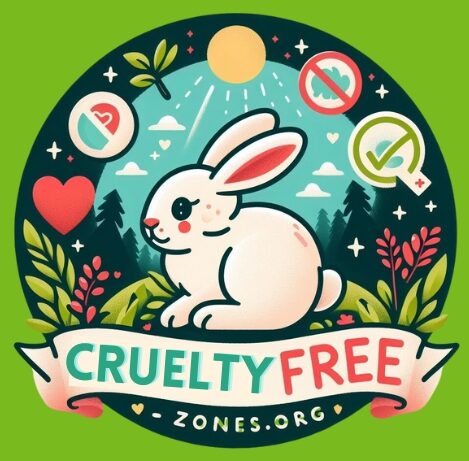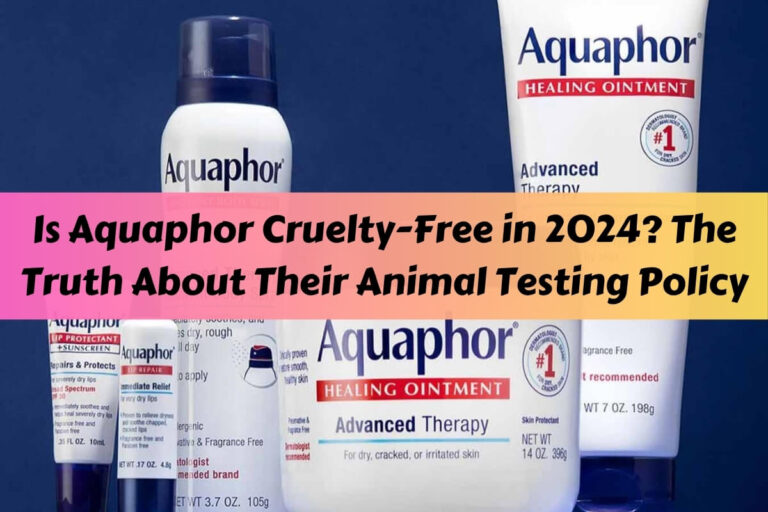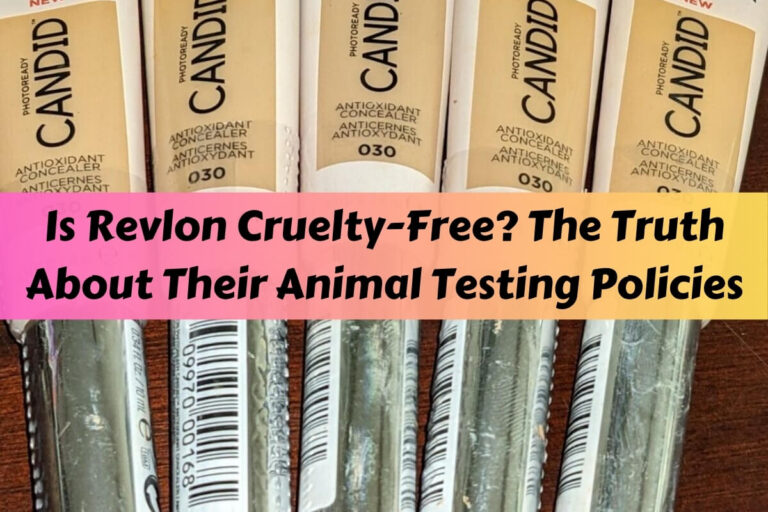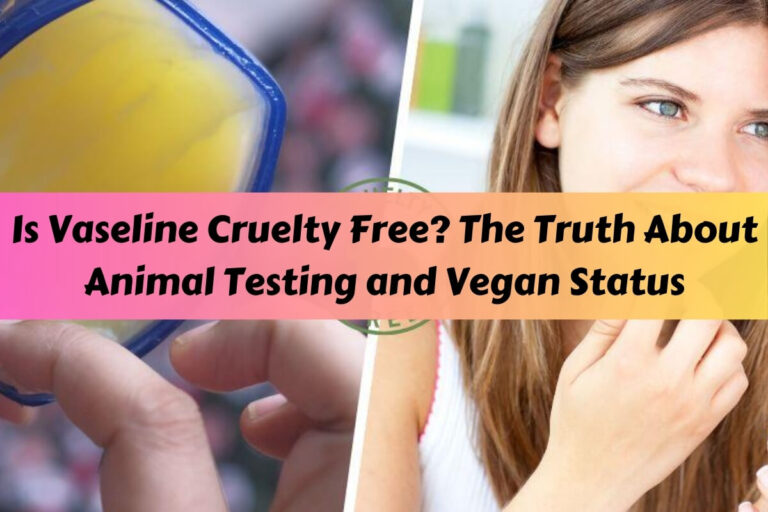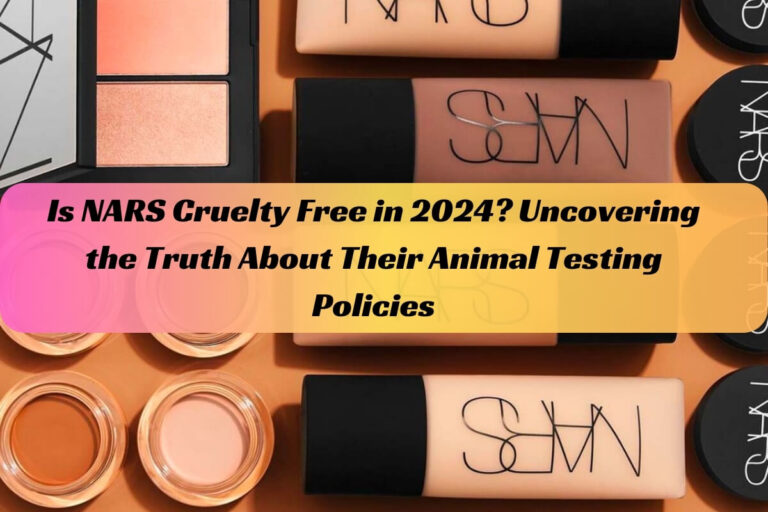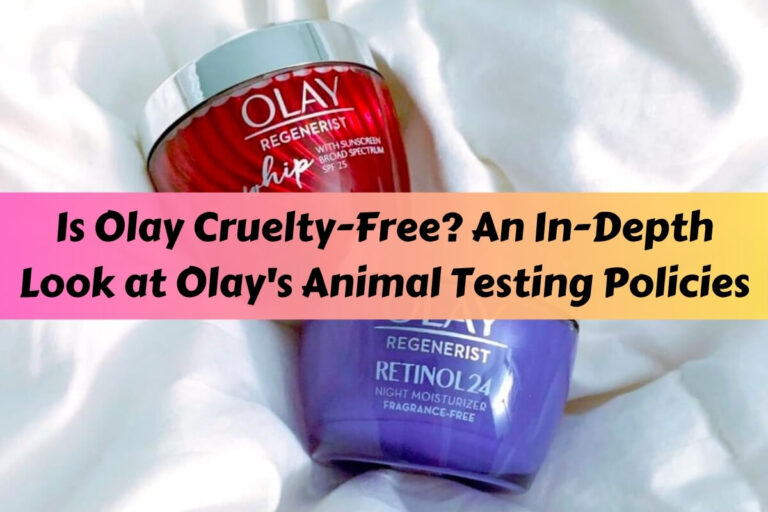Is Neutrogena Cruelty-Free? Animal Testing Policies Uncovered
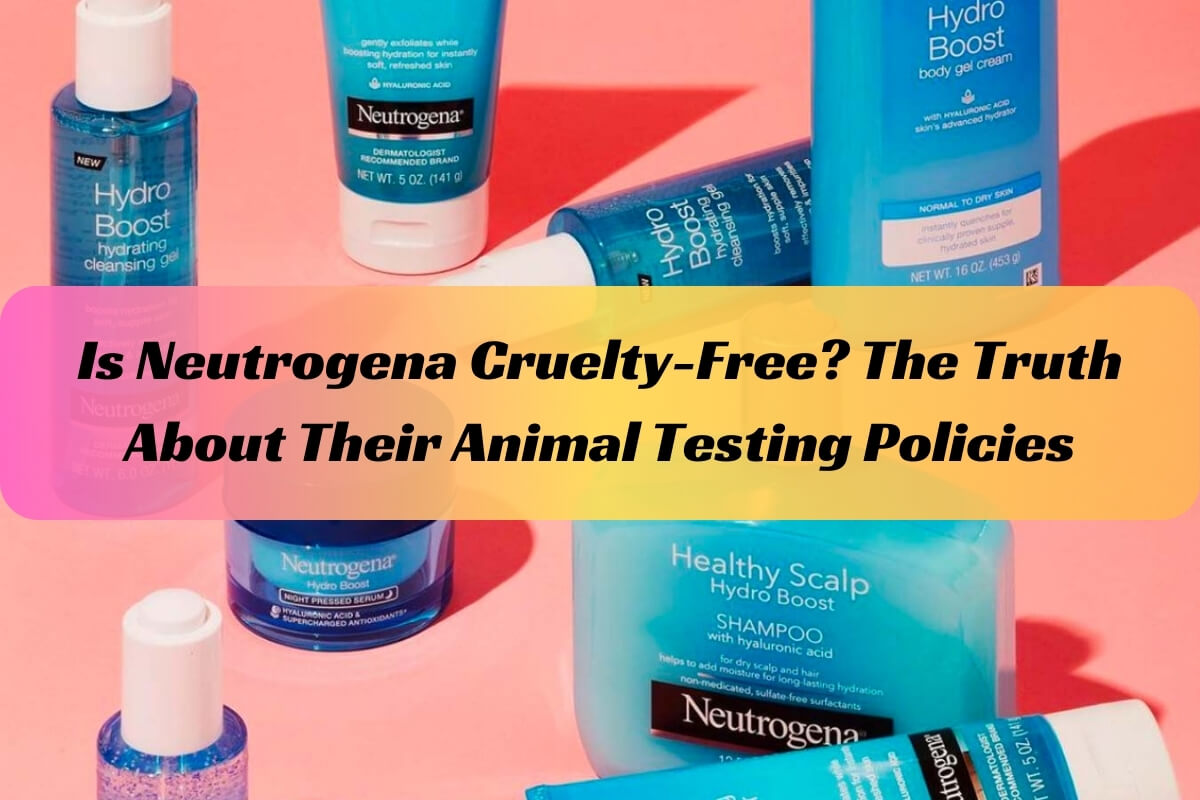
In recent years, there has been a growing demand for cruelty-free and ethical beauty products. Consumers are becoming increasingly conscious of the impact their purchases have on animals and the environment. This has led to a rise in brands claiming to be “cruelty-free,” but how can you know if these claims are genuine? One brand that often raises questions is Neutrogena. Is Neutrogena cruelty-free, or do they test their products on animals?
Neutrogena’s stance on animal testing, ingredient transparency, and cruelty-free regulations are complex topics. This guide examines these issues objectively. It also suggests alternative cruelty-free brands and offers tips for conscious shoppers.
What Does Cruelty-Free Mean?
Before we delve into Neutrogena’s practices, it’s essential to understand what “cruelty-free” means in the context of cosmetics and skincare products. A product is considered cruelty-free if no animal testing is conducted during any stage of its development, including the testing of finished products and individual ingredients.
However, the term “cruelty-free” is more nuanced than it may seem. A cruelty-free product might still contain animal-derived ingredients, such as beeswax or lanolin. Additionally, a brand can offer cruelty-free products without being entirely cruelty-free as a company.
Related terms like “vegan beauty” and “ethical beauty” often go hand-in-hand with cruelty-free practices. Vegan beauty products contain no animal-derived ingredients, while ethical beauty encompasses various ethical considerations, including sustainability, fair trade, and environmental impact.
Neutrogena’s Official Animal Testing Policy
According to Neutrogena’s website, the brand claims, “Neutrogena does not conduct animal testing on our cosmetic products anywhere in the world, except in the rare instance where governments require it.”
This statement suggests that Neutrogena does not test on animals directly, but it leaves room for exceptions based on legal requirements in certain countries or regions. This ambiguity can be confusing for consumers seeking truly cruelty-free products.
Dissecting Neutrogena’s Animal Testing Claims
While Neutrogena states that they do not conduct animal testing themselves, there are several loopholes and ambiguities in their policy that raise concerns.
One major issue is that Neutrogena’s products are sold in mainland China, where animal testing is mandatory for imported cosmetics. This means that although Neutrogena may not directly test on animals, their products have likely undergone animal testing by Chinese authorities to comply with local laws.
Furthermore, Neutrogena is not certified as cruelty-free by any recognized organizations, such as Leaping Bunny or PETA. These organizations have strict criteria and standards for granting cruelty-free certifications, which Neutrogena does not meet.
Neutrogena’s Ingredient Transparency
Another area of concern is the lack of transparency regarding the sourcing and testing procedures for Neutrogena’s ingredients. While the brand claims not to test finished products on animals, they do not provide clear information about whether their suppliers or third-party manufacturers engage in animal testing for individual ingredients.
Being cruelty-free does not mean being vegan. Neutrogena has some vegan products, but the brand is not entirely vegan because they use animal-derived ingredients like beeswax and lanolin in some products.
Neutrogena’s Parent Company and Its Animal Testing Policies
Neutrogena is owned by the multinational corporation Johnson & Johnson, which is not a cruelty-free company. Johnson & Johnson has stated that they conduct animal testing when required by law, making it clear that their subsidiary brands, including Neutrogena, may be involved in animal testing indirectly.
This is a common issue with many popular beauty brands owned by larger parent companies. While the individual brand may claim to be cruelty-free, their parent company’s policies and practices can undermine these claims.
Alternatives to Neutrogena: Cruelty-Free and Vegan Brands
If you’re seeking truly cruelty-free and vegan skincare and makeup options, there are numerous alternative brands available in the market. Some popular cruelty-free skincare brands include Derma E, Pacifica, and Youth to the People, while cruelty-free makeup brands like Kat Von D Beauty, Tarte, and Ilia Beauty offer a wide range of products.
Supporting these ethical brands is not only a conscious choice for animal welfare but also sends a powerful message to the broader industry, encouraging more companies to adopt cruelty-free and sustainable practices.
Making Informed Decisions as a Conscious Consumer
As a conscious consumer, it’s crucial to be well-informed about the brands you support and their ethical practices. While Neutrogena’s claims of being cruelty-free may seem appealing at first glance, their policies and practices reveal a more complex reality.
To make informed decisions, research brands thoroughly, look for cruelty-free certifications, and read ingredient lists carefully. Additionally, support organizations and initiatives that promote ethical beauty practices and advocate for stronger regulations against animal testing.
By making conscious choices and voting with our wallets, we can drive positive change in the beauty industry and encourage more brands to adopt truly cruelty-free and ethical practices.
Conclusion
In conclusion, the answer to the question “Is Neutrogena cruelty-free?” is not a straightforward one. While the brand claims not to conduct animal testing directly, their policies and practices suggest that their products may undergo animal testing indirectly, either through their parent company, suppliers, or regulatory requirements in certain markets.
As consumers become more conscious of ethical practices in the beauty industry, it is essential to scrutinize brand claims and make informed decisions. By supporting truly cruelty-free and vegan brands, we can promote animal welfare and drive positive change in the industry.
Remember, our choices as consumers have the power to shape the future of ethical beauty. Let’s embrace conscious consumerism and prioritize brands that align with our values of compassion and sustainability.
